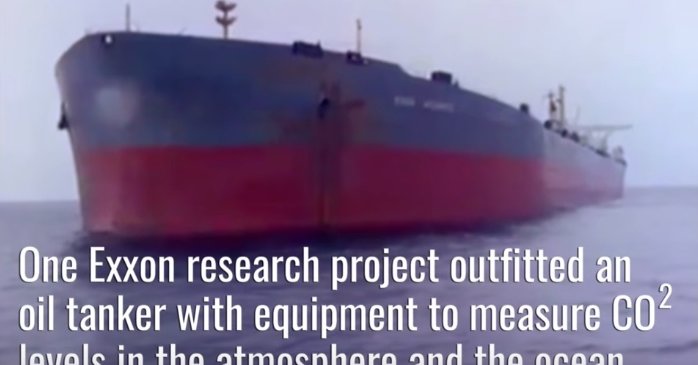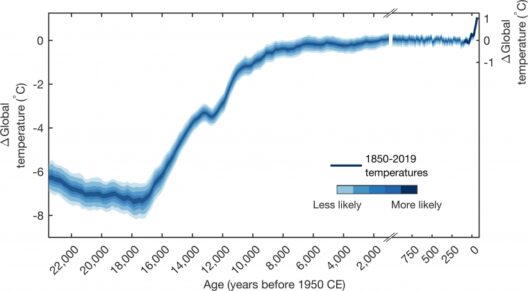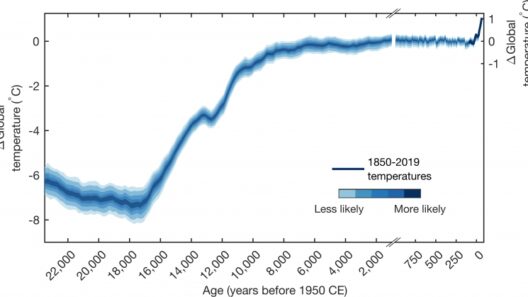Methane, a potent greenhouse gas, has increasingly come into focus as a significant contributor to global warming. While carbon dioxide often steals the limelight in discussions surrounding climate change, methane deserves attention for its devastating impact on the environment. This article provides a comprehensive analysis of methane, its sources, effects, and solutions to mitigate its influence on global warming.
Methane (CH4) is a colorless, odorless gas that is more effective than carbon dioxide at trapping heat in the atmosphere. Over a 20-year period, methane is estimated to be 84 times more powerful than CO2 in terms of its global warming potential. This staggering statistic underscores the urgency with which we must address methane emissions. Its atmospheric lifetime is relatively short—about a decade—yet its effects are significant, warranting immediate action.
The primary sources of methane emissions can be categorized into natural and anthropogenic (human-induced) origins. Natural sources include wetlands, termites, and geological seeps. Wetlands, in particular, produce methane anaerobically as organic matter decomposes. Moreover, the digestive processes of ruminant animals, such as cows and sheep, contribute to methane emissions through enteric fermentation. Though natural sources are substantial, human activities result in a staggering majority of methane emissions.
Anthropogenic sources of methane encompass several key sectors, including agriculture, fossil fuels, landfills, and wastewater management. In the agricultural sector, livestock farming is a prominent source, with enteric fermentation contributing a considerable fraction of methane emissions. The decomposition of organic waste in landfills generates methane as well, particularly under anaerobic conditions. Moreover, the extraction, processing, and transport of fossil fuels—specifically natural gas and oil—emit methane at various stages due to leaks and venting. These myriad sources demonstrate how industrial practices and consumption patterns significantly exacerbate climate change.
The effects of methane on the earth’s climate are profound. The gas not only affects atmospheric temperatures but also impacts air quality. Methane can react with other atmospheric compounds to form ground-level ozone, a hazardous air pollutant that can contribute to respiratory illnesses and other health complications. Additionally, as methane breaks down, it produces carbon dioxide and water vapor, ultimately contributing to long-term climate change. Understanding these far-reaching effects is crucial for developing mitigation strategies.
Addressing methane emissions requires a multipronged approach involving technological innovations, policy frameworks, and behavioral changes. One promising avenue for reducing emissions is the implementation of improved agricultural practices. For example, changing livestock feeding strategies through the inclusion of certain supplements, such as seaweed, can reduce methane production during digestion. Furthermore, enhancing manure management practices—through composting or anaerobic digestion—can diminish methane emissions from livestock operations.
Investment in renewable energy technologies is also vital in combating methane emissions from fossil fuel extraction and usage. Transitioning to renewables, such as wind and solar, curtails the reliance on natural gas and oil, thereby mitigating associated methane emissions. Additionally, monitoring and repairing methane leaks in oil and gas infrastructure should become standard practices. Advanced technologies for leak detection are available, and their wide-scale implementation can significantly reduce methane leakage from pipelines and drilling sites.
Policy initiatives play an essential role in driving methane mitigation efforts. Governments and international bodies need to prioritize stringent regulations for methane emissions in both agricultural and fossil fuel sectors. Advocating for the adoption of the Global Methane Pledge, which aims to reduce global methane emissions by at least 30% from 2020 levels by 2030, is a critical step forward. Enhanced regulations can incentivize innovative practices, leading to a reduction in emissions while simultaneously promoting environmental justice and community health.
Public awareness and education can also facilitate change. Individuals can contribute to methane reduction efforts by altering personal consumption habits, thus driving demand for more sustainable practices. Choices such as reducing meat consumption, minimizing food waste, and supporting renewable energy can collectively impact methane emissions on a larger scale. Moreover, increased consumer awareness can prompt businesses to adopt eco-friendly practices as they respond to the growing market for sustainable products.
In conclusion, methane matters greatly in the context of global warming. Its short atmospheric lifetime belies its enormous potential to influence climate change imperatively. By understanding the sources, effects, and solutions related to methane, greater strides can be made to mitigate its impacts. A united effort encompassing advancements in technology, stringent policies, and a shift in societal norms is essential to address methane emissions. Through comprehensive collaboration across sectors, we can diminish the effects of this potent greenhouse gas, ultimately working towards a sustainable future.








